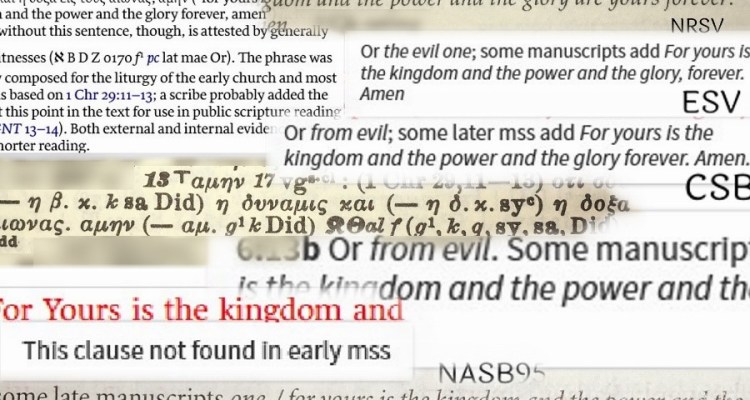I've spent over a year researching and writing about Greek New Testament Manuscripts and New Testament Textual Criticism. My goal was to find out if the New Testament has been reliably transmitted to us over nearly two thousand years. The simple answer is: yes!
There were many, many mistakes made in copying the New Testament, but mistakes in an individual manuscript can be corrected using other manuscripts that don't have errors in the same...

